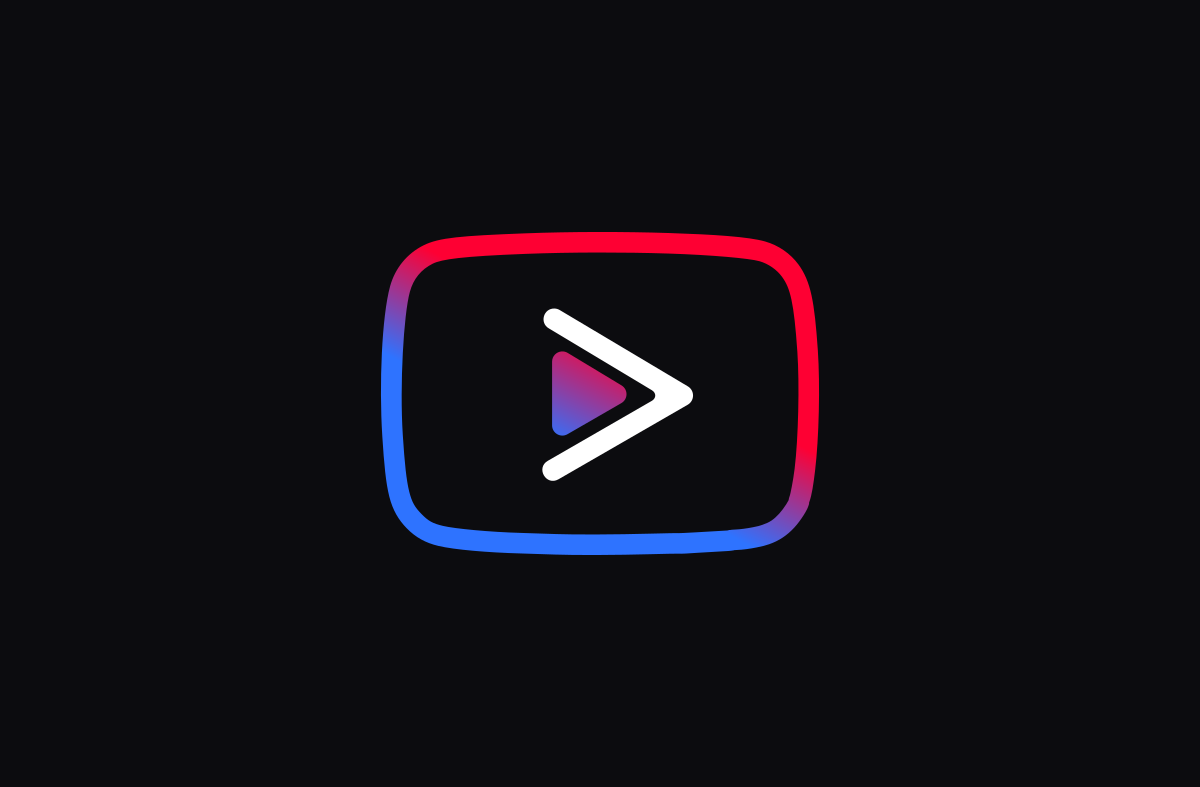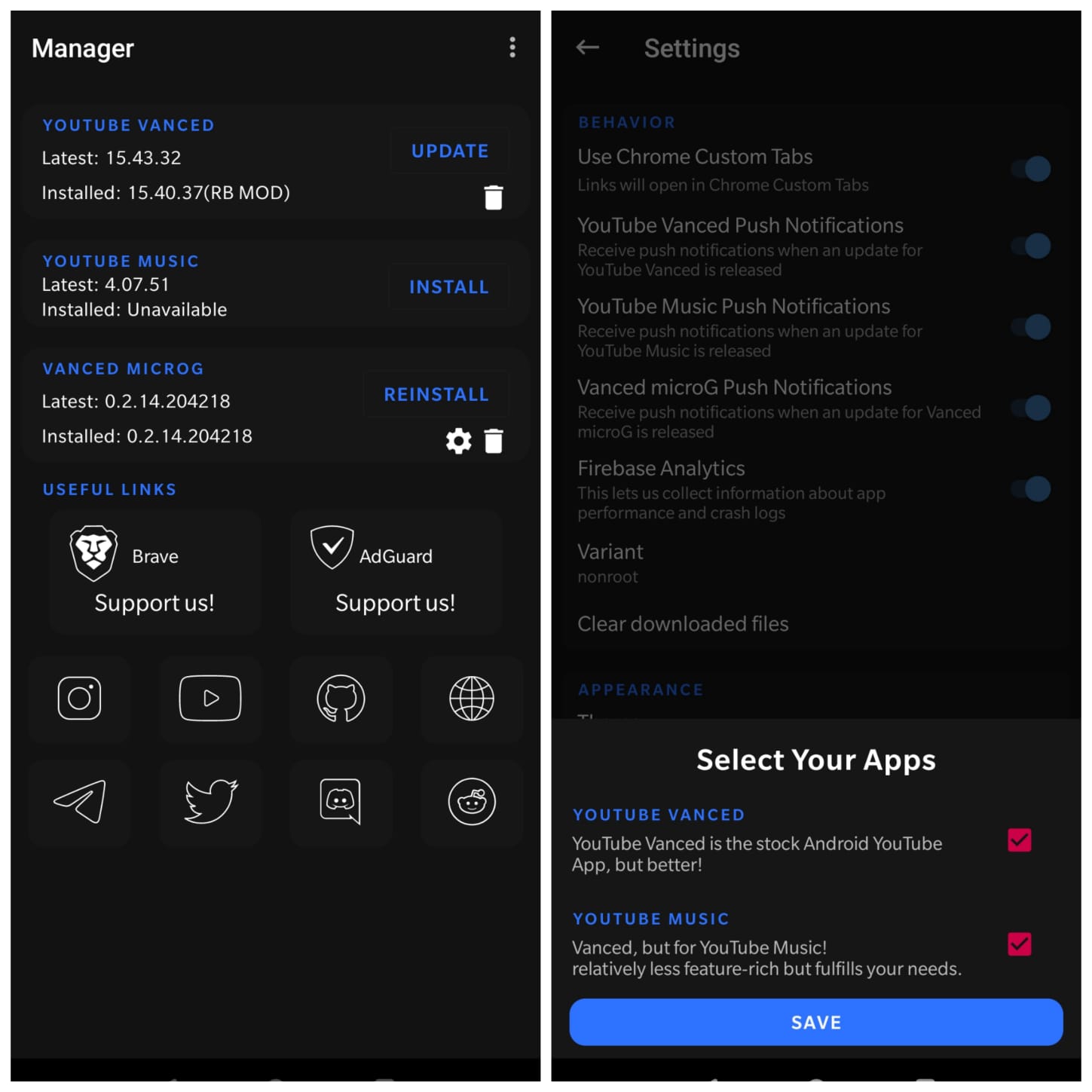

LineageOS for MicroG įor a 2018 paper on Android app privacy, security researchers from Nagoya University used MicroG to bypass Google's SafetyNet security mechanism on an Android Marshmallow emulator.

Depending what apps are installed by users, user activity may still be tracked by Google. Unlike Google Play Services, MicroG does not track user activity on the device, and users can selectively enable and disable specific API features. MicroG allows Android apps to access replica application programming interfaces (APIs) that are provided by Google Play Services, including the APIs associated with Google Play, Google Maps, and Google's geolocation and messaging features. The NOGAPPS project became MicroG by 2016. Marvin Wißfeld, a German software developer, created the NOGAPPS project in 2012 as a free and open-source drop-in replacement for Google Play Services, Google's closed-source system software that has been pre-installed on almost all Android devices. Background Īlthough Google initially released the Android operating system as open-source software in 2007, the company gradually replaced some of Android's open-source components with proprietary software as Android grew in popularity. In a presentation, Wißfeld described microG as "the framework (libraries, services, patches) to create a fully-compatible Android distribution without any proprietary Google components". It is maintained by German developer Marvin Wißfeld. MicroG (typically styled as microG) is a free and open-source implementation of proprietary Google libraries that serves as a replacement for Google Play Services on the Android operating system.


 0 kommentar(er)
0 kommentar(er)
